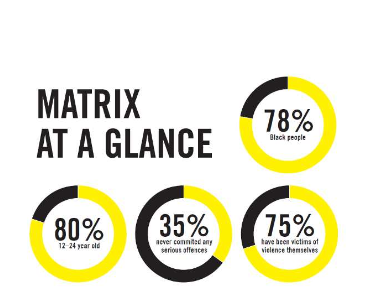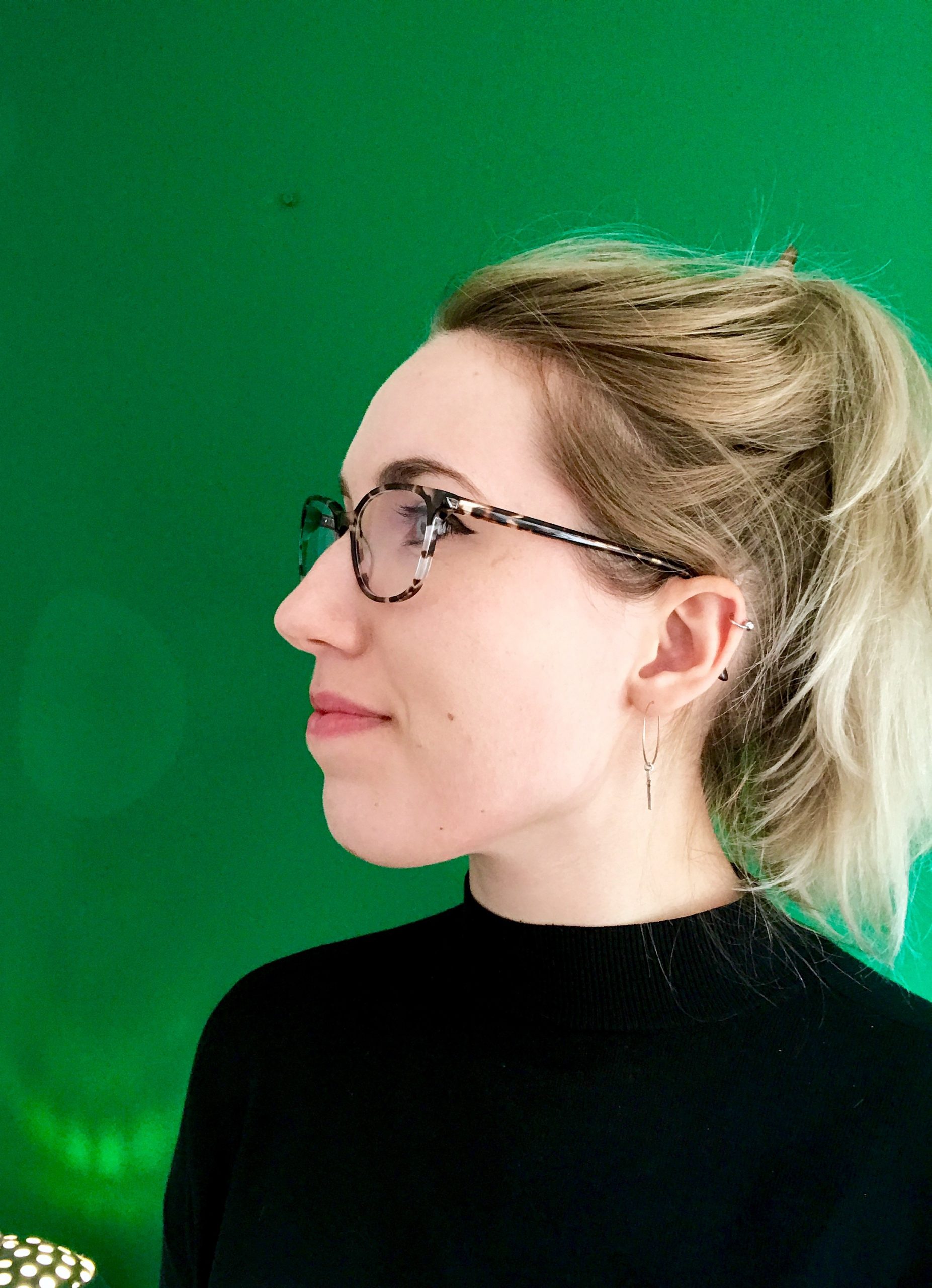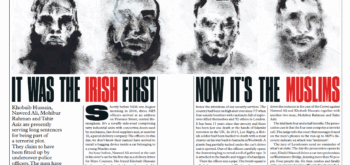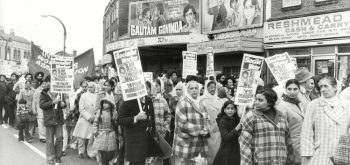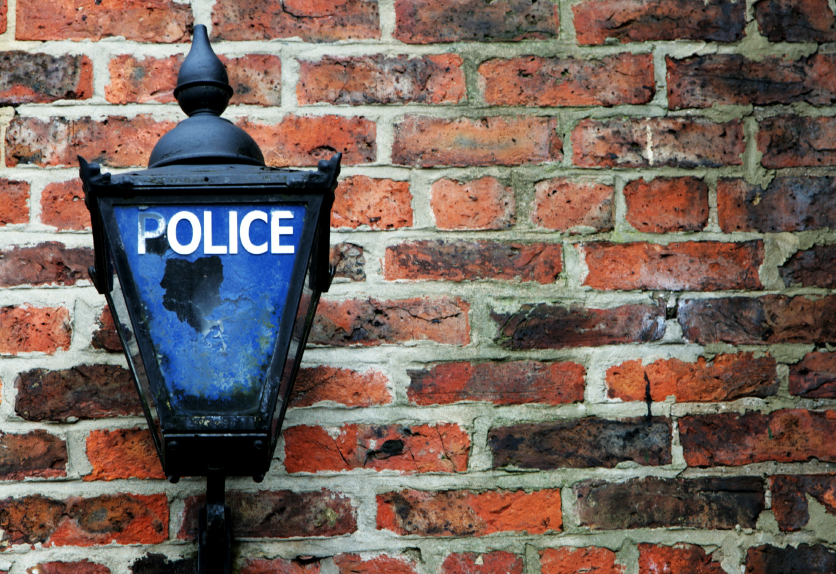A legal challenge against the Metropolitan Police’s controversial gang database has been launched. The Matrix database was established in the wake of the 2011 London Riots as a watchlist for suspected gang members and is being challenged by the civil liberties group Liberty. The Met advise that Matrix aims to ‘reduce gang-related violence, safeguard those exploited by gangs and prevent young lives being lost.’
Liberty, representing non-profit UNJUST and musician Awate Sulieman, who has been waiting since 2019 to find out if he is on the database, argue that it ‘discriminates against people of colour and breaches human rights, data protection requirements and public law principles.’
Of those who are on the matrix, 87% are Black, Asian or other minority ethnic. The most recent quarterly report on the matrix reveals of the over 1,900 individuals included in the database, over 1,500 are Black. This is despite just over a quarter of those convicted of offences related to serious youth violence being Black (27%). The current list also includes 80 individuals under the age of 16.
Two pieces of ‘verifiable evidence’ are required in order to add someone’s name to the database, though there is no clear guidance or criteria around what is admissible. An Amnesty report found this led to social media posts and music tastes being used as evidence of people’s potential for gang violence.
Lana Adamou, a lawyer for Liberty, argues: ‘The Gangs Matrix is fuelled heavily by racist stereotypes, based on who people are friends with, who their family members are, where they live, and where they go. Secret databases that risk young Black men being excluded from society based on racist assumptions are not a solution to serious violence, they are part of the problem.’
The Metropolitan Police does not inform people if they are on the Matrix, and there is no mechanism by which a person can appeal against their inclusion, or ask for data held about them to be reviewed. Despite this, inclusion on the database even if you are considered to be ‘low risk’ can lead to a variety of enforcement actions.
Information about those listed can be blanket-shared with other bodies, including benefits, housing and immigration enforcement, a practice Liberty argues breaches their right to a private and family life. A report by Wired in 2019 found individuals included on the database had been taken into residential care, excluded from school and threatened with eviction.
Katrina French, founder of UNJUST UK, said this week: ‘The clandestine nature of the Gangs Matrix must be challenged. Everyone has a right to be policed fairly and treated equally before the law. It is hoped that the decade-long wrongs of the Matrix can be remedied in bringing this case.’
